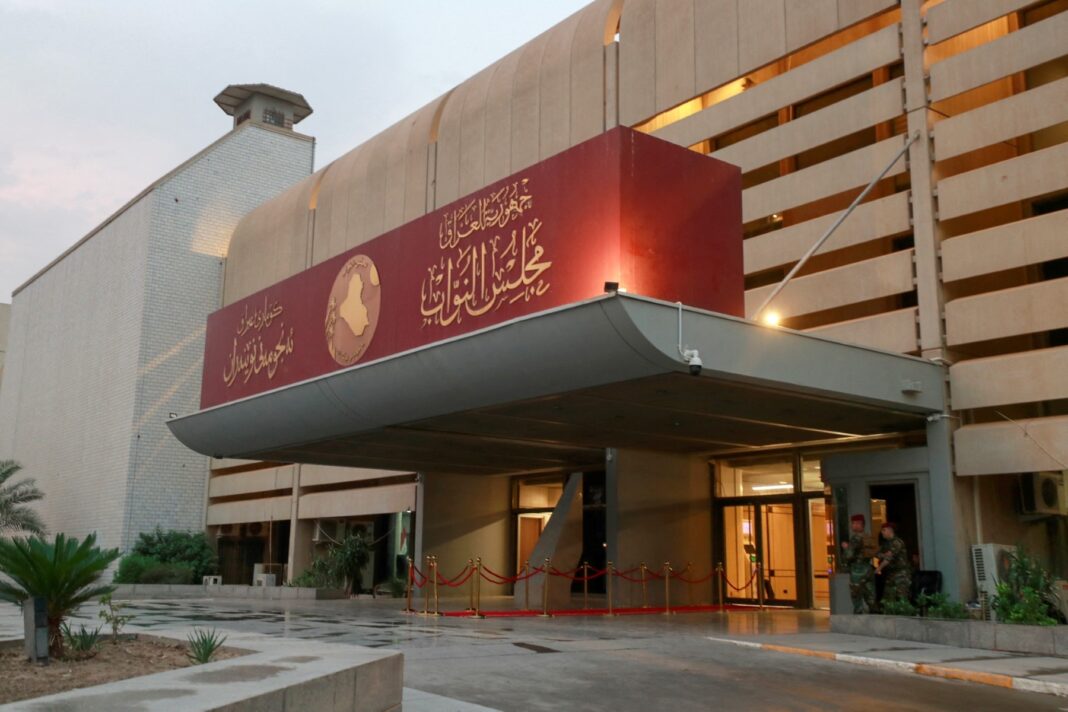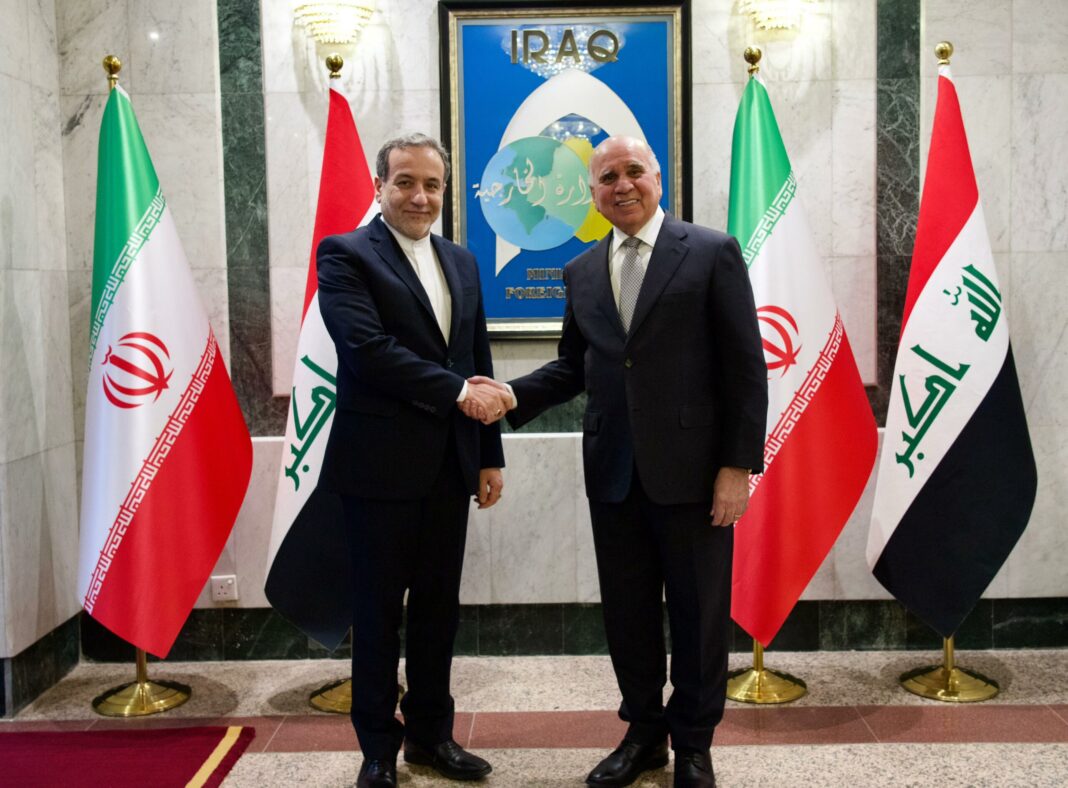Iraqi Parliament approves controversial ambassador list, sparking strong debates over transparency, legality, and nepotism. On Tuesday, lawmakers voted on 91 nominees submitted by Prime Minister Mohammed Shia Al-Sudani. The decision immediately triggered criticism and heated discussions across the chamber.
Several MPs argued that the session lacked a legal quorum. MP Arshad Al-Salihi described the approval as “shameful” and unprecedented in Iraq’s history. He emphasized that ambassadors represent Iraq abroad, so their appointments must follow strict and transparent procedures. According to him, bypassing proper checks undermines democratic principles and public trust.
Transparency concerns compounded the controversy. Many lawmakers reported they did not receive nominees’ curriculum vitae. MP Haider Al-Salami, a member of the Parliamentary Foreign Relations Committee, called several names “unknown and unfamiliar.” He argued that voting without proper review damages both Parliament’s credibility and Iraq’s diplomatic reputation.
The approved list also triggered accusations of nepotism. Critics highlighted that Yazan, son of politician Mash’an Al-Jubouri, and Abdul Basit, son of Parliament Speaker Mahmoud Al-Mashhadani, secured ambassadorial posts. These appointments fueled claims that political connections outweighed professional qualifications. Consequently, critics argued that meritocracy took a backseat to political favoritism.
Furthermore, the ambassador vote reportedly caused Monday’s session to collapse, resulting in a temporary loss of quorum. Despite the disruption, Parliament proceeded with the approval on Tuesday, further intensifying criticism from opposition MPs. The controversial vote illustrates ongoing tensions between political expediency and procedural integrity.
Supporters of the decision argue that Iraq urgently needs ambassadors in key international capitals. They stress that delays could weaken Iraq’s diplomatic outreach. Nevertheless, critics maintain that credibility and transparency should outweigh speed. They insist that the process must be legitimate to strengthen Iraq’s global representation.
Ultimately, Iraqi Parliament approves controversial ambassador list despite widespread objections. The move secures foreign appointments but leaves unresolved questions about legality, transparency, and fairness. The decision will remain a flashpoint in Iraqi politics, reflecting broader debates over governance and accountability.



